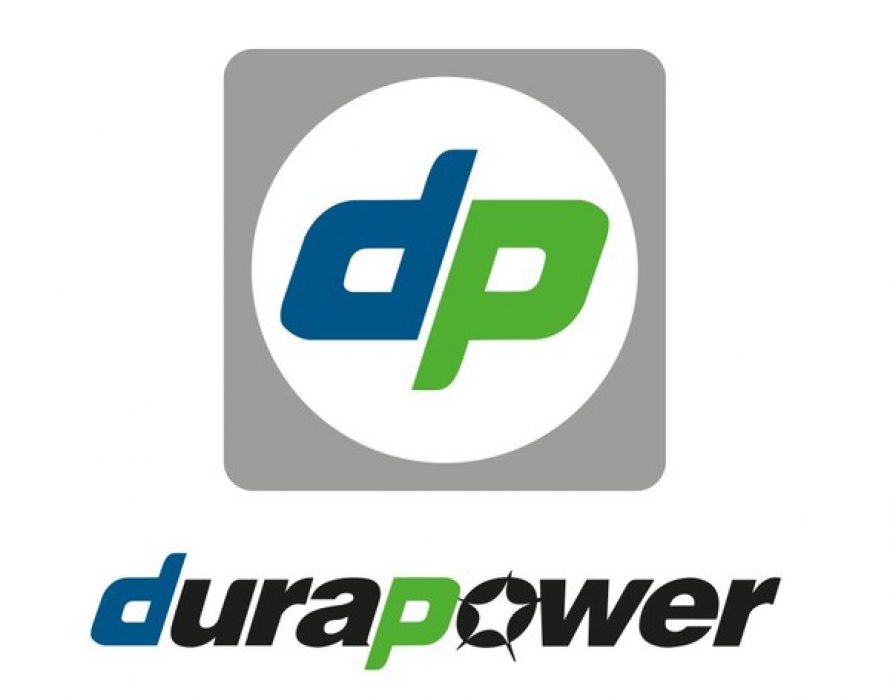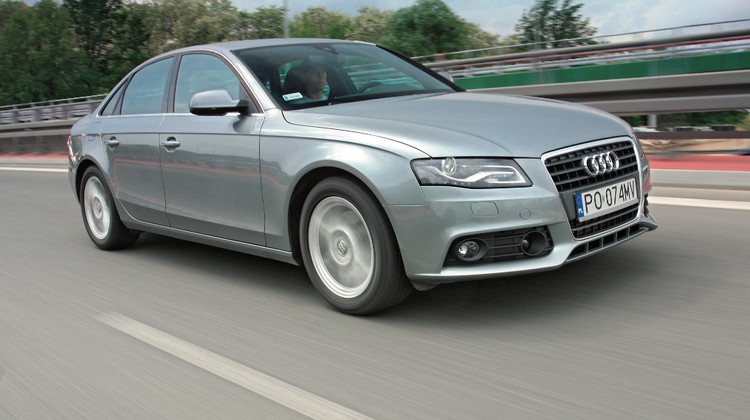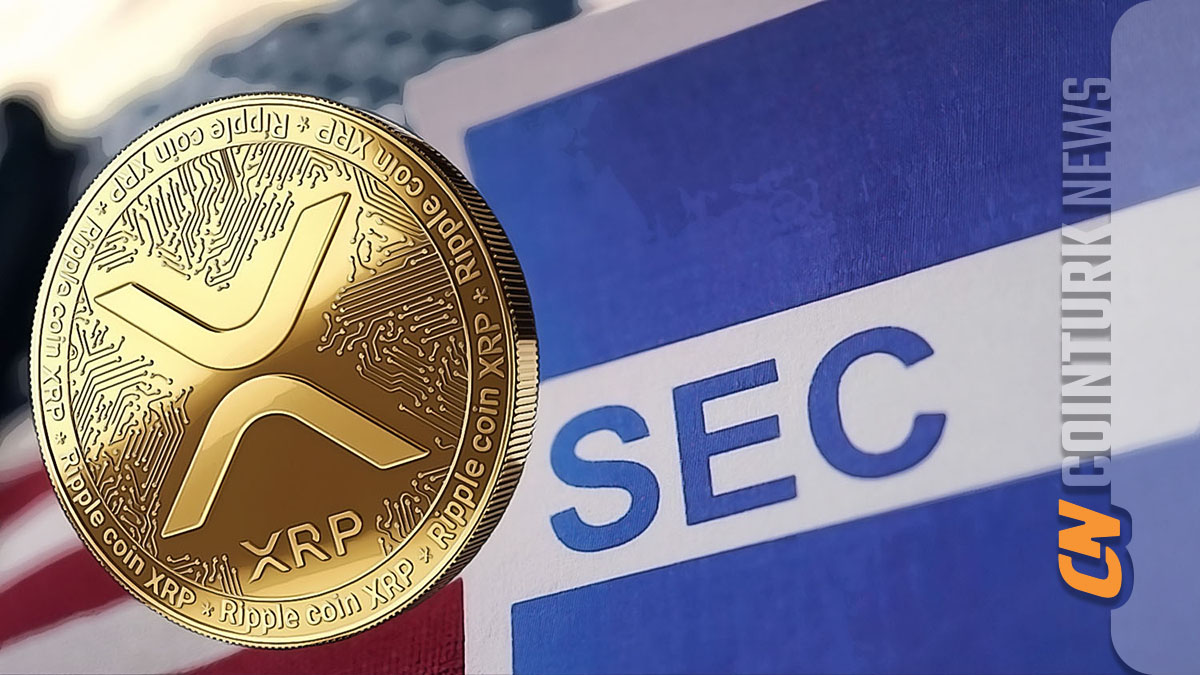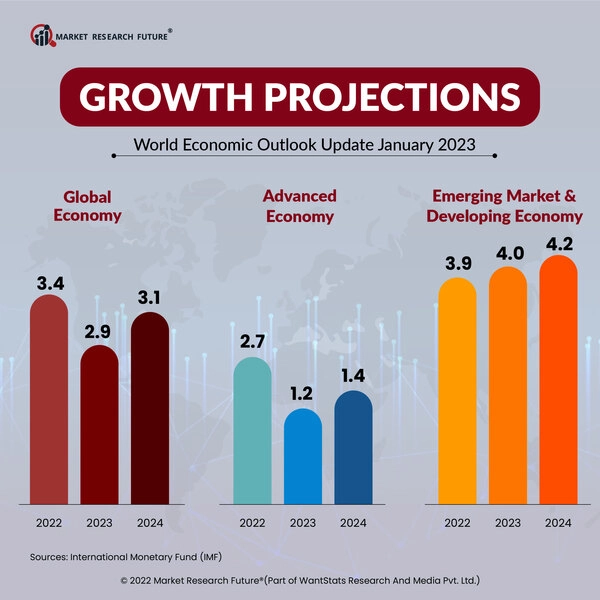Choosing The Right Fuel: Hydrogen Or Battery Power For European Bus Fleets?

Table of Contents
Battery-Electric Buses: A Deep Dive
Battery-electric buses represent a mature and increasingly popular technology for urban transport. Let’s examine their advantages and disadvantages.
Advantages of Battery-Electric Buses:
- Lower Upfront Costs: Battery-electric buses generally have a lower initial purchase price compared to hydrogen fuel cell buses, making them a more accessible option for many cities.
- Established Charging Infrastructure: Many European cities already possess a developing network of charging stations, simplifying integration for battery-electric fleets. This existing infrastructure reduces the initial investment needed for operators.
- Mature Technology with Proven Reliability: Battery-electric bus technology is well-established, with a proven track record of reliable performance in various urban environments. This translates to lower operational risks.
- Lower Maintenance Costs (Short-Term): In the short term, maintenance costs for battery-electric buses are often lower than for hydrogen fuel cell buses, due to the simpler technology.
- Reduced Noise Pollution: Electric motors produce significantly less noise than diesel engines, contributing to a quieter and more pleasant urban environment.
- Environmental Benefits: Battery-electric buses offer zero tailpipe emissions, directly reducing local air pollution and contributing to improved air quality.
- Successful Deployments: Numerous European cities, including Amsterdam, London, and Oslo, have successfully deployed large fleets of battery-electric buses, demonstrating their practicality and effectiveness.
Disadvantages of Battery-Electric Buses:
- Limited Range: Battery-electric buses have a shorter operational range compared to hydrogen fuel cell buses, especially in demanding urban environments with frequent stops and hills. This necessitates more frequent charging.
- Longer Refueling (Charging) Times: Charging times for battery-electric buses are significantly longer than refueling times for hydrogen buses, potentially leading to operational inefficiencies.
- Battery Lifespan and Replacement Costs: Battery lifespan is a concern, and the cost of replacing batteries can be substantial over the lifespan of the bus. Battery degradation also impacts range over time.
- Dependence on Electricity Grid Infrastructure: The environmental benefits of battery-electric buses are contingent on the source of electricity used for charging. Reliance on fossil fuel-based power generation negates the environmental advantages.
- Increased Vehicle Weight: Heavy battery packs increase the overall weight of the bus, impacting fuel efficiency (though this applies to electric energy efficiency in this case) and potentially requiring more robust infrastructure.
Hydrogen Fuel Cell Buses: Exploring the Potential
Hydrogen fuel cell buses represent a promising alternative to battery-electric buses, offering a different set of advantages and challenges.
Advantages of Hydrogen Fuel Cell Buses:
- Longer Range: Hydrogen fuel cell buses offer a significantly longer range than battery-electric buses, making them suitable for longer routes and less frequent stops.
- Faster Refueling Times: Refueling a hydrogen fuel cell bus is comparable in speed to refueling a diesel bus, minimizing downtime and maximizing operational efficiency.
- Potential for Carbon-Neutral Operation: If produced using renewable energy sources (green hydrogen), hydrogen fuel cell buses offer the potential for truly carbon-neutral operation throughout their lifecycle.
- Suitable for Longer Routes: Their extended range makes hydrogen fuel cell buses ideal for suburban and intercity routes where battery-electric buses might struggle.
- Decarbonizing Hard-to-Electrify Sectors: Hydrogen fuel cells can contribute to decarbonizing sectors where electrification is challenging, such as heavy-duty transport.
Disadvantages of Hydrogen Fuel Cell Buses:
- Higher Upfront Costs: The initial purchase price of hydrogen fuel cell buses is substantially higher than that of battery-electric buses.
- Lack of Widespread Hydrogen Refueling Infrastructure: The lack of a widely available hydrogen refueling infrastructure in Europe is a significant barrier to widespread adoption.
- Energy-Intensive Hydrogen Production: The production of hydrogen can be energy-intensive, particularly using traditional methods. The environmental benefits are dependent on using renewable energy for hydrogen production.
- Safety Concerns: Safety concerns related to hydrogen storage and handling require robust safety protocols and infrastructure.
- Relatively Less Mature Technology: Hydrogen fuel cell technology is less mature than battery-electric technology, leading to potential reliability concerns.
Comparative Analysis: Key Factors for Decision-Making
Choosing between battery-electric and hydrogen fuel cell buses requires careful consideration of several key factors.
Total Cost of Ownership (TCO):
A comprehensive TCO analysis is crucial. This should include the purchase price, maintenance costs, fuel/energy costs, and infrastructure investment for both charging and refueling. Long-term operational costs need to be factored into the decision-making process.
Environmental Impact:
A thorough lifecycle assessment (LCA) of both technologies is necessary. This should consider the emissions associated with hydrogen production (if not green hydrogen), battery manufacturing, and the operational emissions of the buses themselves.
Infrastructure Requirements:
The availability and cost of building the necessary charging infrastructure for battery-electric buses or hydrogen refueling stations must be assessed. This includes the cost of land acquisition, construction, and maintenance.
Suitability for Different Route Types:
The choice of technology will depend heavily on the specific bus routes. Battery-electric buses are better suited for shorter, frequent-stop routes within cities, while hydrogen fuel cell buses are more suitable for longer routes with fewer stops.
Conclusion: Making the Right Choice for Your European Bus Fleet
Both battery-electric and hydrogen fuel cell buses offer viable pathways towards sustainable public transport in Europe. Battery-electric buses present a more affordable and mature technology with established infrastructure in many cities, but their limited range might restrict their application. Hydrogen fuel cell buses provide longer range and faster refueling, crucial for certain route types, but face higher initial costs and infrastructure challenges. The optimal choice hinges on a comprehensive evaluation of TCO, environmental impact, infrastructure requirements, and route characteristics. Consider your city's unique needs and context to make the most informed decision. Choose the right fuel – battery or hydrogen – for your sustainable European bus fleet today! Further research and consultation with industry experts are recommended before making a final decision. [Link to relevant resources here].

Featured Posts
-
 Papez Francisek Blagoslov Mestu In Svetu S Trga Sv Petra
May 07, 2025
Papez Francisek Blagoslov Mestu In Svetu S Trga Sv Petra
May 07, 2025 -
 The Impact Of The La Palisades Fires Celebrities Home Losses
May 07, 2025
The Impact Of The La Palisades Fires Celebrities Home Losses
May 07, 2025 -
 Fakt W Onet Premium Promocyjna Cena Tylko Teraz
May 07, 2025
Fakt W Onet Premium Promocyjna Cena Tylko Teraz
May 07, 2025 -
 20 Million Xrp Bought By A Whale Impact On Ripples Ecosystem
May 07, 2025
20 Million Xrp Bought By A Whale Impact On Ripples Ecosystem
May 07, 2025 -
 Anthony Edwards Loses Paternity Battle Ayesha Howard Granted Custody
May 07, 2025
Anthony Edwards Loses Paternity Battle Ayesha Howard Granted Custody
May 07, 2025
Latest Posts
-
 New Business Hot Spots Location Location Location A National Overview
May 08, 2025
New Business Hot Spots Location Location Location A National Overview
May 08, 2025 -
 Analyzing The Growth Of New Business Hot Spots A National Perspective
May 08, 2025
Analyzing The Growth Of New Business Hot Spots A National Perspective
May 08, 2025 -
 Liberation Day Tariffs A Comprehensive Analysis Of Stock Market Volatility
May 08, 2025
Liberation Day Tariffs A Comprehensive Analysis Of Stock Market Volatility
May 08, 2025 -
 Understanding The Dynamics Of New Business Hot Spots Across The Nation
May 08, 2025
Understanding The Dynamics Of New Business Hot Spots Across The Nation
May 08, 2025 -
 The Unforeseen Consequences Of Liberation Day Tariffs On Stock Performance
May 08, 2025
The Unforeseen Consequences Of Liberation Day Tariffs On Stock Performance
May 08, 2025
